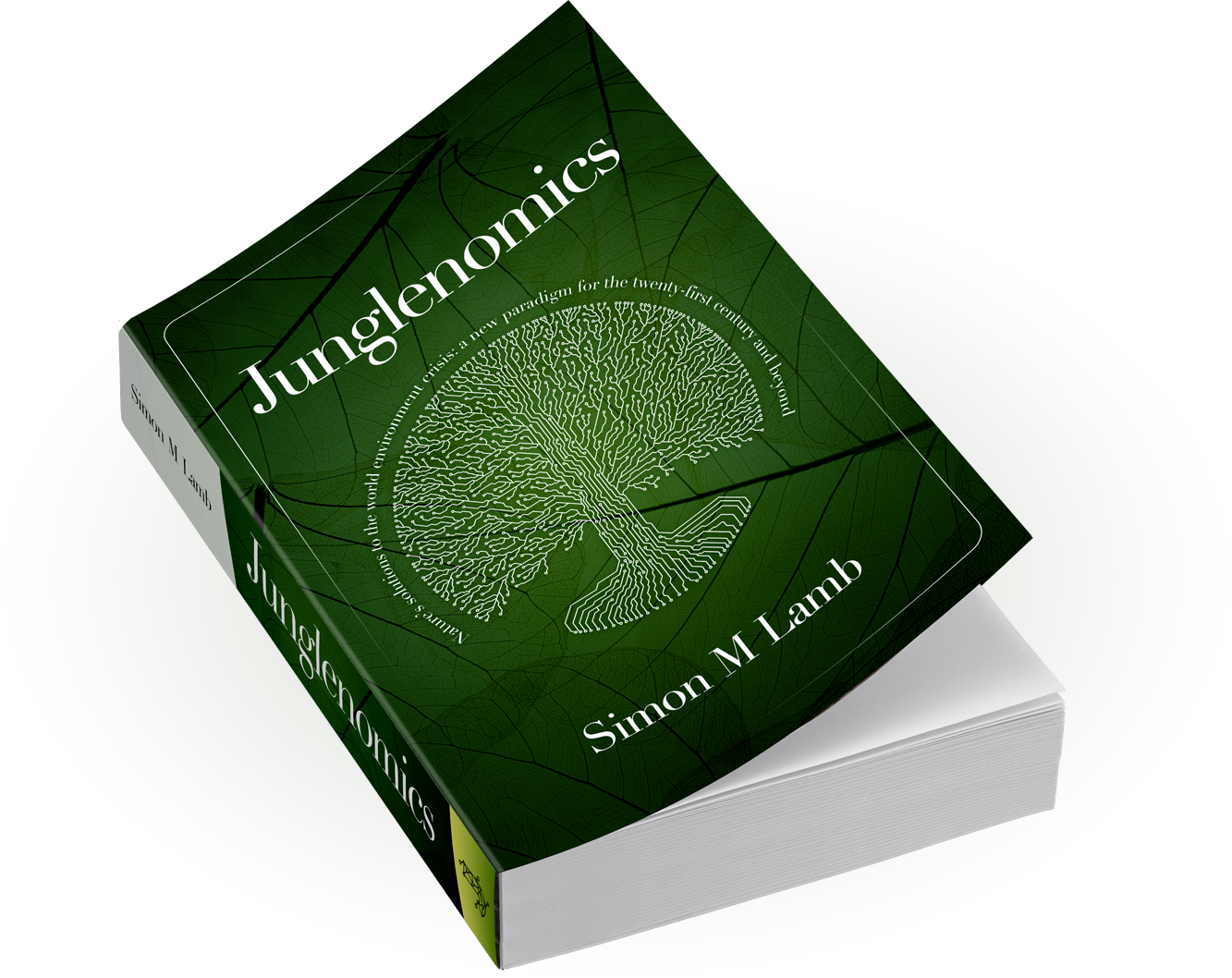A Fresh Approach
Markets are undeniably to blame for the steep decline of the world’s natural environments and their precious cargo of biodiversity, but in this book I am going to explain how those same markets can be harnessed to stop and even reverse this decline.
To this end I am going to begin, not as you might expect at the industrial revolution and the explosion of markets that followed it, but back at the birth of the economic world some 15,000 years ago. Why? Because an understanding of the underlying circumstances that have brought us to this unhappy juncture is essential for identifying the most effective ways to turn things around.
A fresh approach is very much needed. The world has now gathered more than 20 times to discuss rescuing the world’s environments, and almost every time it has declared reams of good intentions. A pretty clear picture of what needs to be done has emerged – a must-do list that stretches from carbon reduction, to rainforest protection, to ocean governance, to pollution eradication, to food security. Yet despite all the talk and promises, to many people’s immense frustration little of substance has been achieved and the environmental slide has gone on largely unchecked.
Encouragingly though, the subject has now at last taken centre stage and minds have been fully concentrated upon it. The result is that the much-fanfared ‘COP 21’ meeting in Paris late in 2015 was well attended. It succeeded in setting by far the most ambitious targets yet through a raft of voluntary pledges by 196 nations. Judging by the subsequent hyperbole, enthusiasm for the resulting accord was not in short supply - it was hailed variously as ‘monumental’ and ‘a turning point’. Yet if we have learned anything from the many previous meetings, it is that promises are cheap. Even if it is a turning point, the Paris Accord is still only the beginning of the story, the first step on a long and difficult journey towards a sustainable relationship with the natural world. With targets now set, the challenge is now no longer what to aim for, but how to get it done. Implementation is the new watchword.
However, the world is a complex place with innumerable competing economic and political interests that frequently clash, undermining even the best and most organised of plans. So how can nations now turn their enthusiasm and good intentions into reality? How can they tame the powerful market forces that have caused our excesses and that have so far thwarted them, and yet still develop and grow their economies? This is now the greatest challenge facing the world. For if world leaders cannot bring their pledges to fruition soon then all their talk and planning will once again be wasted, and the world will continue on a path to a future that is unworthy of mankind’s extraordinary intelligence and ability.
Carbon-generated climate change is seen as the biggest environmental issue, but it is by no means the only one. Biodiversity, the oceans, pollution, poverty – these too are vital global issues that equally deserve our immediate attention. It is therefore time to use the newfound enthusiasm and momentum gained in Paris to do much more than reduce carbon emissions, and to fundamentally revise our entire interface with the natural world.
Despite much doom-saying that it is already too late, I believe there is still time to achieve this, but only if nations thoroughly review their thinking and go about it in the right way.
So what is the right way?
Junglenomics describes how to go about turning these ambitions into reality. It does so by viewing them through the lens of science – the science of evolution, of ecology, and of anthropology. I call the resulting economic paradigm, “Ecosystem Economics” – Junglenomics for short - because it owes everything for its inspiration and guidance to the workings of Nature and the organisation of its ecosystems. This is much more than a quick fix: it is a blueprint for our entire future relationship with the planet.
If the mass of scientific evidence is to be believed, it is no exaggeration to say that we are approaching last chance saloon; that unless the world gets its act together pretty soon it faces an era of despair and decline. But I will argue that with Nature’s guidance it is not too late to turn it instead into one of hope and rejuvenation.
This book shows how we can all play our part in a 21st century environmental renaissance. By better understanding ourselves and our place in Nature, Junglenomics shows how our generation can yet grasp its fortunes and do something heroic to rescue our declining planet both for ourselves and for our children, far into the future.

